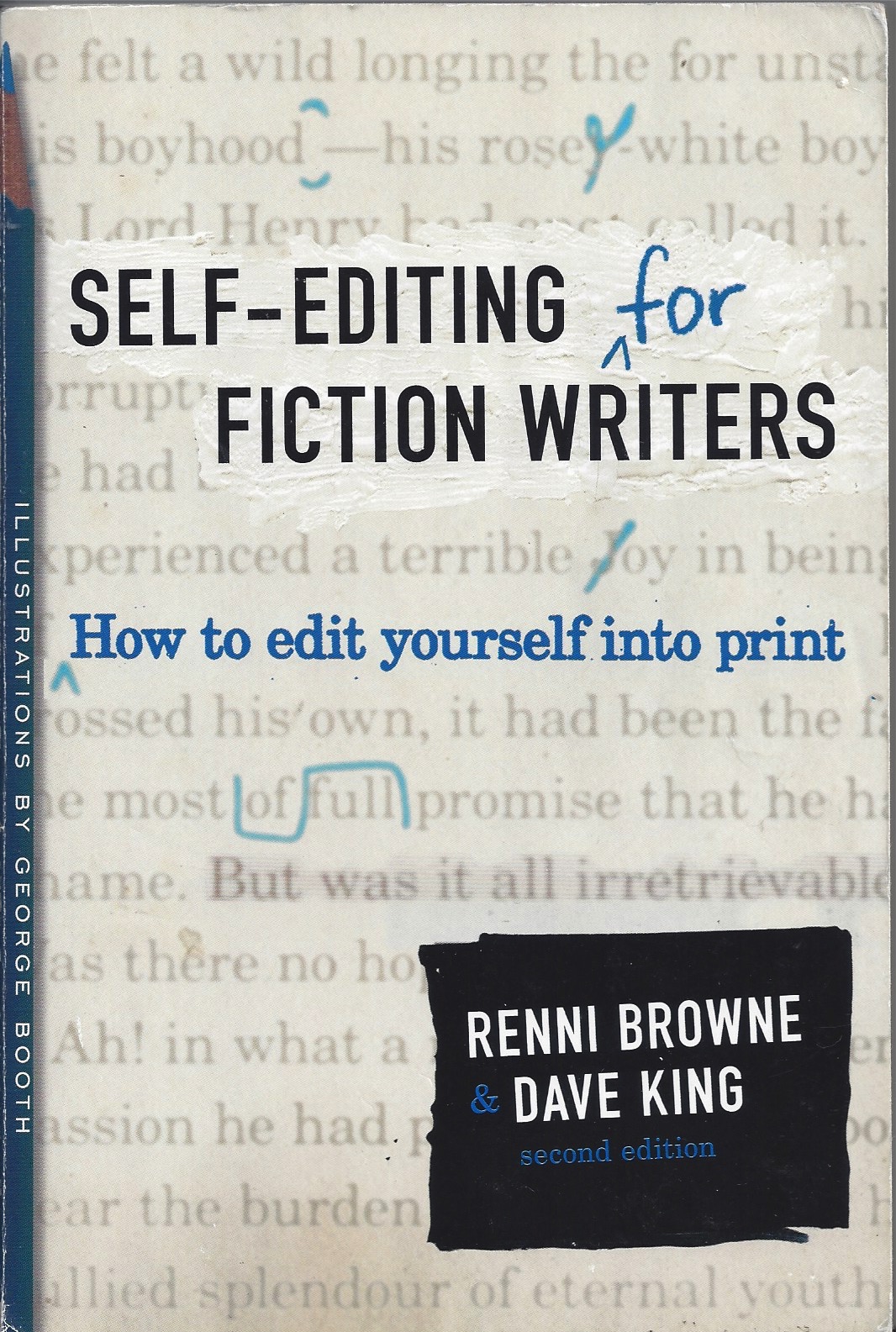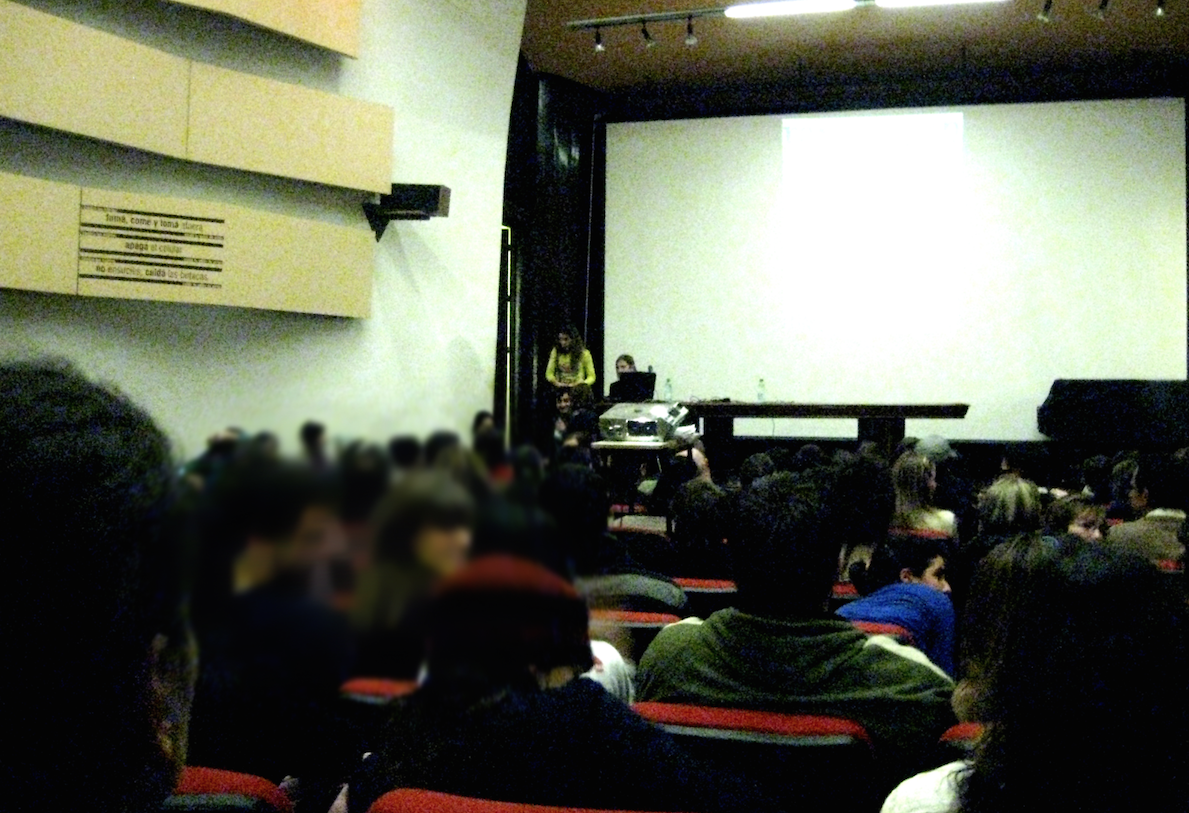
The Binge Writer
Are you a Binge Writer?
I am a binge writer. I always have been, and I probably always will be. What is a binge writer you…
July 3, 2017
I am a binge writer. I always have been, and I probably always will be. What is a binge writer you…
July 3, 2017
I’m a firm believer in being efficient. Why waste time when a little planning can make such a positive…
December 10, 2015
I used to write for VeggieTales, and if you’re familiar with the antics of Bob the Tomato and Larry…
August 6, 2015
I’ve been to many writers conferences and even serve on the planning committee of one event, and I always…
August 1, 2015
Do you want to write 30K-40K+ words in a weekend? Do you want to write faster? You can. Become…
July 1, 2015